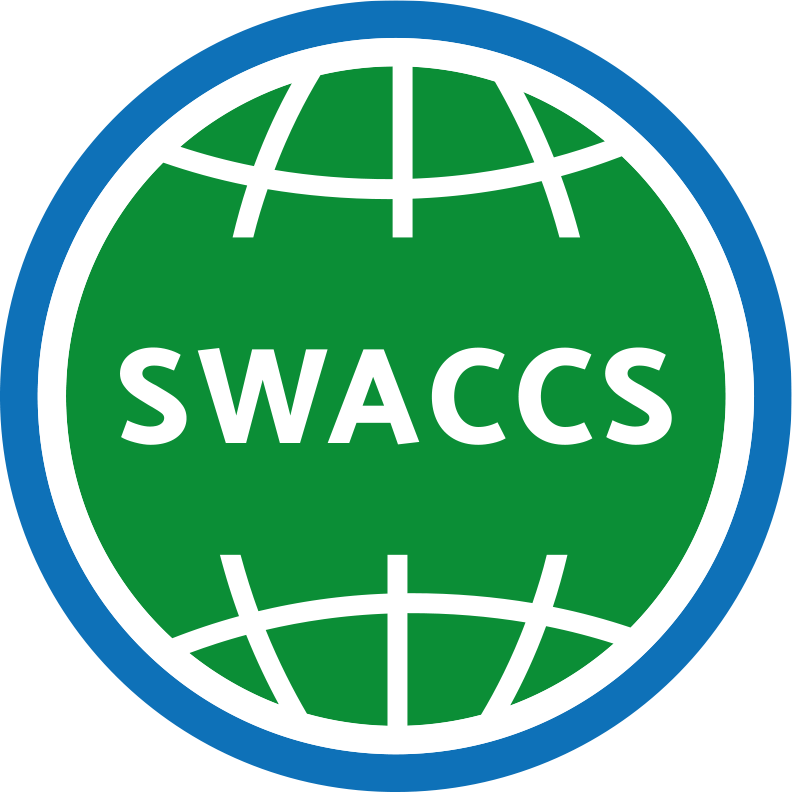SWACCS Seminar Series:
Food safety in a sustainable world
When: Wednesday, 23. November 2022, 14:00 - 15:00
Where: Zoom Meeting ID: 692 6301 9893 Passcode: 234346
Speaker: Johan Lundqvist, associate professor of molecular toxicology at the Swedish University of Agricultural Sciences, SLU
Title: “Effect-based methods using cultured cells – applications for drinking water safety and toxicity testing of food contact materials”
Abstract: Humans are exposed to very complex mixtures of chemical substances in the environment, both naturally occurring compounds and anthropogenic pollutants. For many toxicity endpoints, the well-known and well-studied pollutants can only explain a very small fraction of the observed effects in complex environmental samples. Unknown chemicals and/or mixture effects are causing a very large proportion of the toxicity. The great strength with effect-based methods, for example cultured cells modified to respond to the presence of different classes of hazardous compounds, is that they integrate the effects of both known and unknown compounds in a sample as well as mixture effects. This presentation will present some examples from our research, showing how such methods can be used for research in toxicological food safety.
Speaker: Sofia Boqvist, Senior Lecturer and External Collaboration Specialist Department of Biomedical Science and Veterinary Public Health, SLU
Title: “Food security, safety and sustainability – from Salmonella in Cambodia to development of dynamic food labels in Sweden”
Abstract: There are several linkages between food safety and the UN Sustainable Development Goals. There are also several trade-offs between food safety and food security. Aspects on this will be discussed in this presentation. As a starting point I will give a few examples on ongoing research contributing to improved food safety. Those examples are public health hazards associated with Salmonella infection and antimicrobial resistance in the meat value chain in Cambodia, development of dynamic food labels to reduce food waste without introducing health risks, and lastly the increasing need for transdisciplinary research to tackle future food safety challenges.
